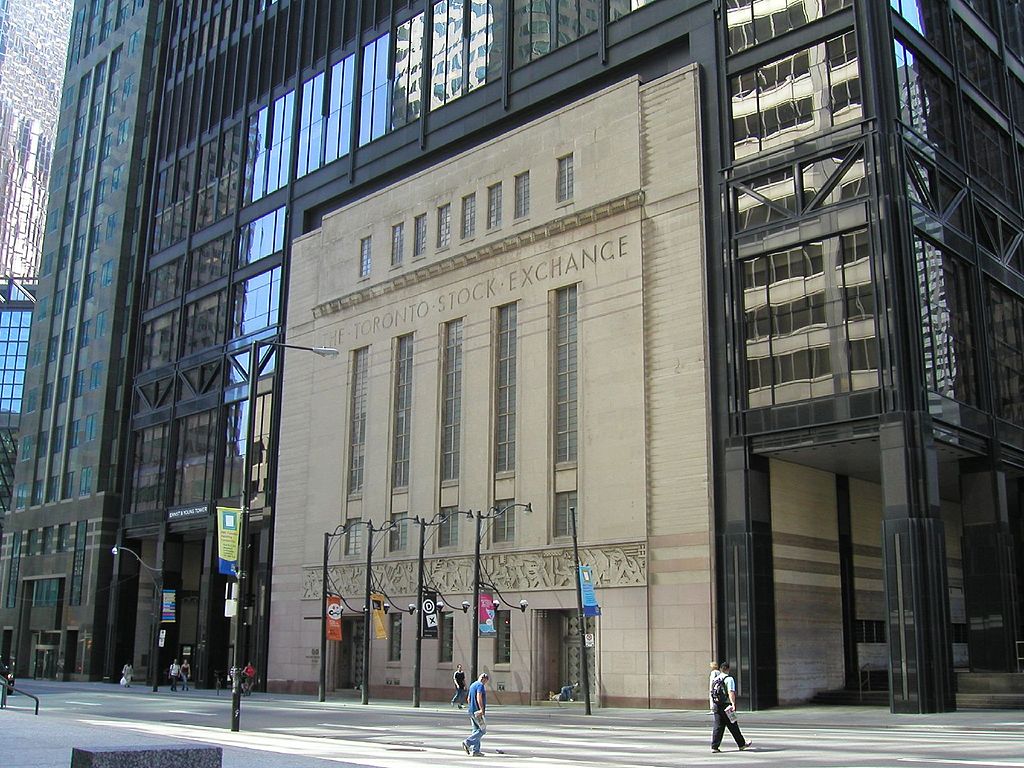Introduction
Among the most contentious of subsidy programs have been those involving agricultural producers. On one hand, this should not come as a surprise, since agriculture has not followed in the general global trend towards trade liberalization. However, the extent to which agricultural subsidies programs has remained an intractable issue among negotiators, including at the ongoing Doha Development Round, should cast doubt on whether a compromise on the issue is possible, let alone probable.
States have justified their agricultural subsidy regimes according to various, often faulty, rationales. This article aims to debunk one of the most perplexing of these rationales: namely, that agricultural subsidies serve to preserve traditional rural lifestyles and the environment. In fact, agricultural subsidies actually undermine these objectives, given that the primary recipients of agricultural subsidies are large-scale farmers; and agricultural subsidies thus contribute in many cases to environmental harm. This article also analyzes anticipated reforms to the EU’s Common Agricultural Policy (the “CAP”) after 2020, and how these may actually orient the CAP towards preserving traditional rural lifestyles and the environment.
The Primary Recipients of Agricultural Subsidies: Large-scale Farmers
Given the policy goal of preserving traditional rural lifestyles and the environment, one would expect the primary benefactors of agricultural subsidies to be small- and medium-scale farmers since their methods most closely resemble traditional rural lifestyles and are least likely to cause environmental harm. However, since agricultural support schemes typically allocate support according to farm size and/or production, large-scale agricultural producers are the disproportionate beneficiaries of agricultural subsidies.
Take farmers in the EU. Agriculture in the EU is regulated by the CAP, which allocates subsidies, in part, according to hectares farmed. However, far from being equitable, the CAP regime results in 80% of subsidies being paid out to only 20% of Europe’s agricultural producers. In the US, where agricultural subsidies are linked to production, the American Enterprise Institute has found that the largest 10% of farms receive subsidies of $29 per acre. In comparison the average for all crop farmers was $12 per acre.
Harm to the Environment
First, subsidies have the potential to harm the environment by causing overproduction. Where subsidies are based on the size of land farmed and quantity produced, producers seeking to take advantage of subsidy programs are incentivized to broaden their operating spaces by incorporating low-quality farmland into active production. In addition to taking over land that would otherwise be used for natural purposes, cultivation of this land may result in food overproduction.
Second, by incentivizing farmers to incorporate potentially low-quality farmland into active production and produce more, subsidy programs may result in the excessive use of fertilizers and pesticides. Artificially stimulating land production through these methods can cause water contamination, which has proven to be the case in the US. In Florida, the expansion of the US Sugar Program has resulted in farmers exploiting low-quality land to produce sugarcane. To successfully produce the sugar cane crop, farms have used fertilizers containing phosphorous, which has caused damage to tropical regions in southern Florida.
Capping Subsidies and Other Solutions
Beginning in 2021, the European Commission appears poised to address many of the issues relating to agricultural subsidies by “modernizing and simplifying the CAP.” First, the reformed CAP will provide more targeted support by capping payments above €100,000 per farm, while also providing more support for small- and medium-sized farms per hectare, and redistributing funds to small and medium sized farms. Second, the reforms address environmental concerns by making payments dependent on environmental and climate-friendly practices.
These reforms should be welcomed by EU policymakers and smaller agricultural producers. This development would reflect a more balanced CAP, and could effectively limit payments to large-scale farming operations that neither resemble the lifestyles that agricultural subsidies aim to protect, nor engage in sustainable environmental practices. However, implementation of these reforms depends on the cooperation of influential lobbying groups representing large-scale agricultural producers in Europe who would not benefit from CAP reforms. Of particular note are the large-scale producers in Eastern Europe operating facilities that were once collective cooperatives and state farms. Although large, these farming operations depend on continued subsidies under the CAP program to maintain food production.
Conclusion
Far from preserving rural lifestyles and protecting the environment, subsidies for agricultural producers have encouraged large-scale, intensive agricultural production. In turn, subsidies have resulted in environmental harm due to incentivizing farmers to acquire more farmland, and to use fertilizers and pesticides. However, recent developments in the EU’s CAP program which include ceilings on subsidies, targeted economic support for small and medium sized farmers, and environmental requirements, may serve to reorient agricultural support programs in favour of protecting traditional rural lifestyles and the environment.
Photo: “Silage windrows in a field in Brastad” (2017), by W.Carter via Wikimedia Commons. Licensed under CC0 1.0
Disclaimer: Any views or opinions expressed in articles are solely those of the
authors and do not necessarily represent the views of the NATO Association of
Canada.




